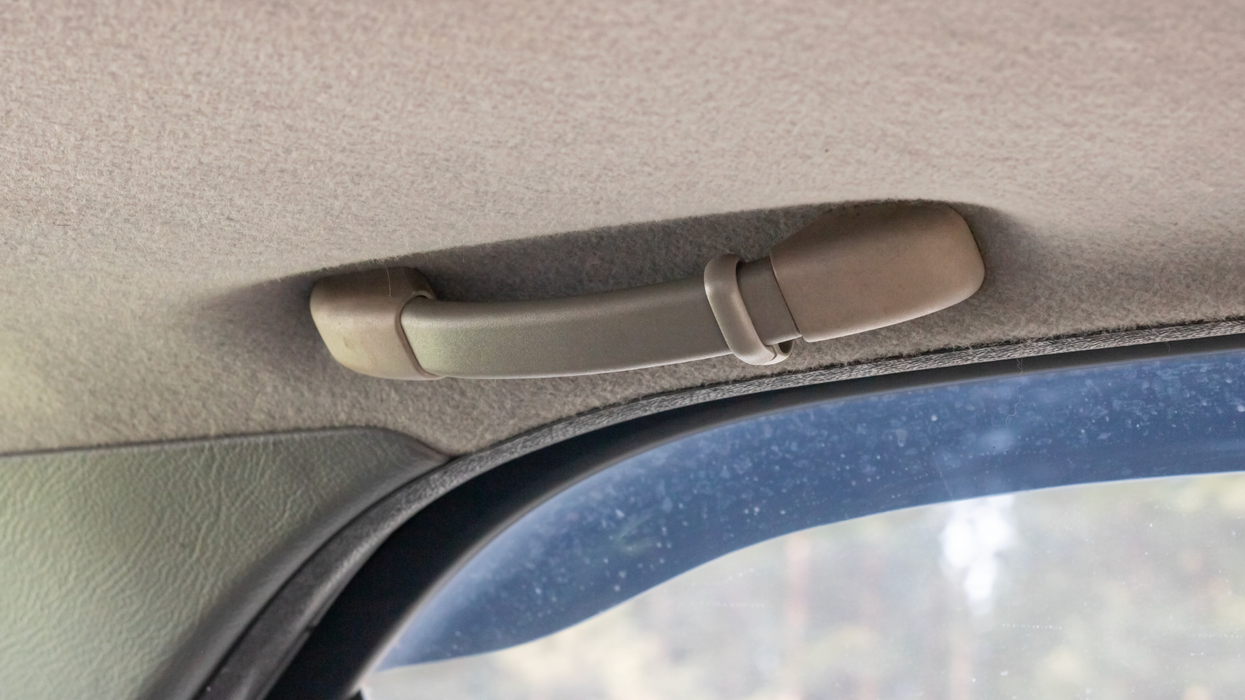Would you ever move to the suburbs? Why not? And what would make you change your mind?
For years, analysts have proclaimed that the era of the great American suburb is over. And the data has increasingly backed them up. “In 2011, for the first time in nearly a 100 years, the rate of urban population growth outpaced suburban growth, reversing a trend that held steady for every decade since the invention of the automobile,” as Fortune editor Leigh Gallagher, author of The End of the Suburbs, noted in a 2013 Time column.
[quote position="right" is_quote="true"]The housing crisis of recent years has concealed something deeper and more profound...[/quote]
“In several metropolitan areas, building activity that was once concentrated in the suburban fringe has now shifted to what planners call the ‘urban core,’ while demand for large single-family homes that characterize our modern suburbs is dwindling. This isn’t just a result of the recession,” Gallagher cautioned. “Rather, the housing crisis of recent years has concealed something deeper and more profound happening to what we have come to know as American suburbia. Simply speaking, more and more Americans don’t want to live there anymore.”
Today, prospects for many American suburbs look dim. “In cities like New York, San Francisco, and Boston, prices are rising and homes are sold within days of listing,” according to a recent report in The Atlantic, while markets are souring, jobs are drying up, and young people are moving away from “suburban neighborhoods straight out of Mad Men” that are “no longer as in demand as they once were.” For typical younger adults, even tony parts of exurban towns can have a throwback feel—and not in a good way—with cookie-cutter mentalities and demographics, even where the homes themselves have the kind of authentic period character enjoyed by fans of artisanship.
At the root of these changes is something more powerful than changing tastes and preferences. If some of history’s better social theorists are to be believed, we can see in the ongoing “death” of the suburbs a clue as to how everyday American life puts growing pressure on so many of us to seek feelings of comfort and relevance in the big city. For the average hipster, it might seem painfully obvious to invoke something like Arcade Fire’s opus, “The Suburbs,” to make a point about how insignificant and interchangeable those miles and miles of developments make people feel. But, it has been clear for well over a century that Americans are primed by competition and conformity alike to feel that way. Alexis de Tocqueville warned that, without strong civic or religious connectors, we’d be overwhelmed by an oppressive sense of meaningless isolation, folding up our hearts in an ever-smaller circle of friends and family. That’s what’s happening in the suburbs—and that’s why people are rushing to cities, where it’s usually much easier to get caught up in big, distinctive activities with people like you, no matter who you are or how you live.
Nevertheless, as America’s youthful urbanites will attest, cities can be lonely too, and the price you pay to try to avoid that sad, inward feeling can put a huge crimp in your budget and your freedom. Although it’s not easy to envision a huge new trend of people moving back to the burbs, if a new and inspiring way to access shared significant distinction was offered, it’s likely city life would feel less like a necessity and more like a choice to more young people.
[quote position="full" is_quote="true"]Turns out, there is a remarkable new vision of suburban life around the bend.[/quote]
Turns out, there is a remarkable new vision of suburban life around the bend. That’s the secret story hiding in plain sight behind today’s nascent energy revolution. In his bid to transform Tesla into a global—if not galactic—energy company, Elon Musk surprised market watchers with dramatic designs for solar power production that were, ironically enough, also hiding in plain sight. “The solar roofs that Musk showed off were installed on houses on Universal Studio's famous backlot, which recreates a suburban environment,” Business Insider recalled. “Musk has already said that it's essential for the roof design to be beautiful, and the designs he touted were that, although it was odd to see a man who has revolutionized the automobile and, in his role as CEO of SpaceX, outlined a plan to colonize Mars slip into futuristic general contractor mode.”
Or is it? What could be more appealingly alien than a vision of suburbia that blasts away all the dispiriting vibes that have piled up around it over the past 25 years? Surely, solar roofs alone won’t do that. But Musk’s roofs are the access point to a new form of life, organized around an integrated, efficient, and highly adaptable mode of energy production and consumption—one that would allow young people, and especially young families, an unparalleled degree of effortless mobility around an affordable and capacious home base. In less time than you think, the American suburbs are very likely to become places remade with a sleek aesthetic that echoes today’s urban environments, but also explores possibilities beyond them: Suburban car culture, for instance, will be transformed by Tesla’s and other auto companies’ moves into self-driving zero-emissions vehicles, large and small. The suburbs are about to become a lot more glamorous, conscious, comfortable, and relevant.
Again, even that kind of 21st-century makeover isn’t enough on its own to wipe out people’s feelings of interchangeable insignificance. Then again, we’re probably just stuck with those anxieties, unless we work together to do something to ameliorate them. And as cool as today’s and tomorrow’s cities may be, there’s probably going to be fertile ground for that work in our future suburbs. Get ready for them to give us a fresh chance to hop off the cultural conveyor belt and into territory as new as the new urbanism used to be.
















 Otis knew before they did.
Otis knew before they did.